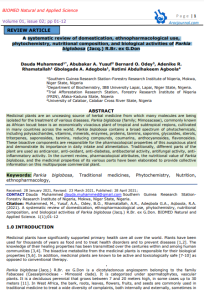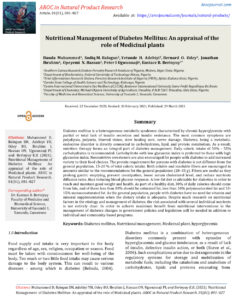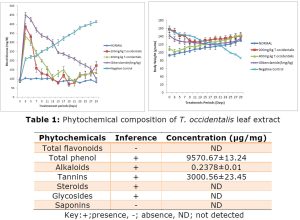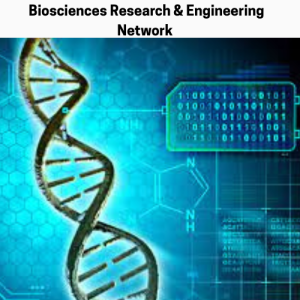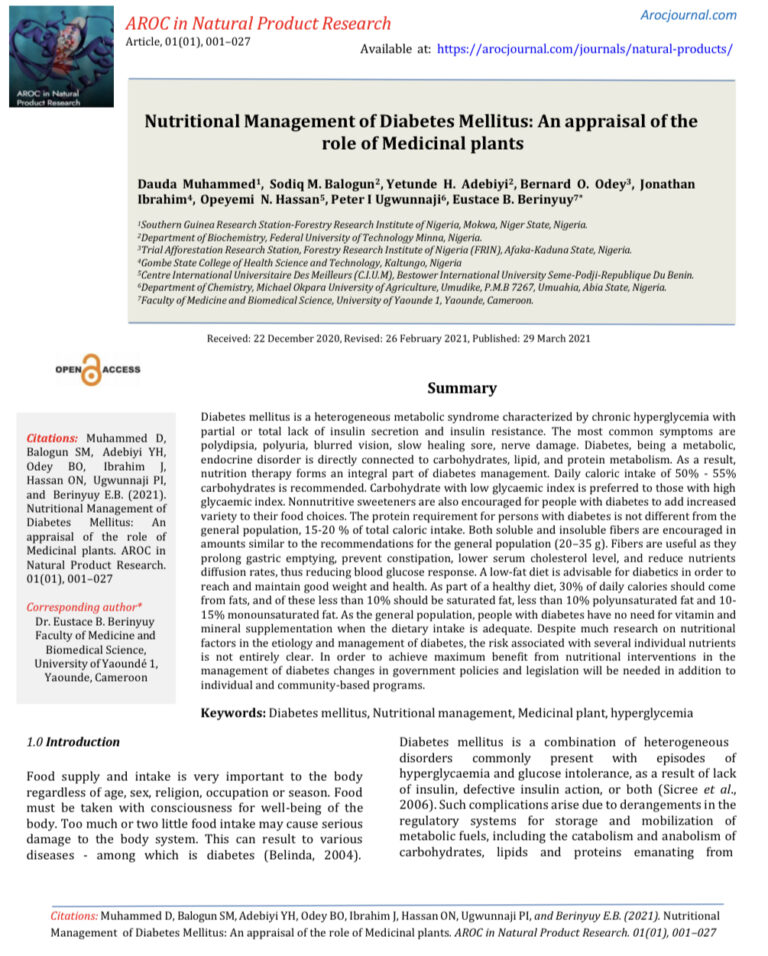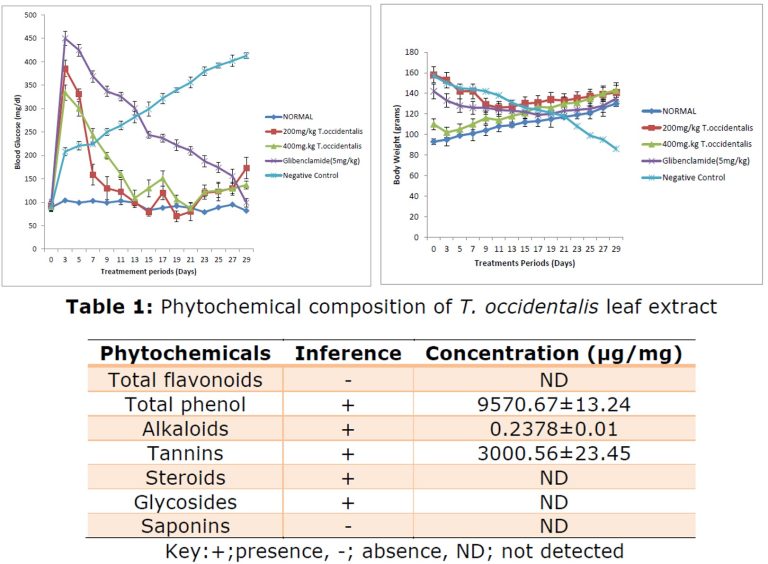Introduction:
Agriculture remains the backbone of human civilization, yet traditional farming practices face limitations in addressing the challenges posed by climate change, soil degradation, and pests. With the global population projected to surpass 9.7 billion by 2050, the need for innovative agricultural solutions has never been greater.
Plant-based biotechnology offers promising strategies to improve crop yields, enhance resistance to biotic and abiotic stresses, and reduce dependency on harmful chemical inputs. Technologies such as genetic modification (GM), marker-assisted selection, and gene editing tools like CRISPR-Cas9 are redefining agricultural productivity and sustainability. For instance, crops engineered for drought tolerance and pest resistance are already being cultivated in many regions, contributing to increased resilience against climate change.
While the benefits of biotechnology are evident, debates surrounding biosafety, ethical considerations, and public acceptance continue to shape its adoption. This paper highlights recent advances in plant biotechnology, evaluates its contributions to sustainable agriculture, and discusses potential future directions in global food systems.

